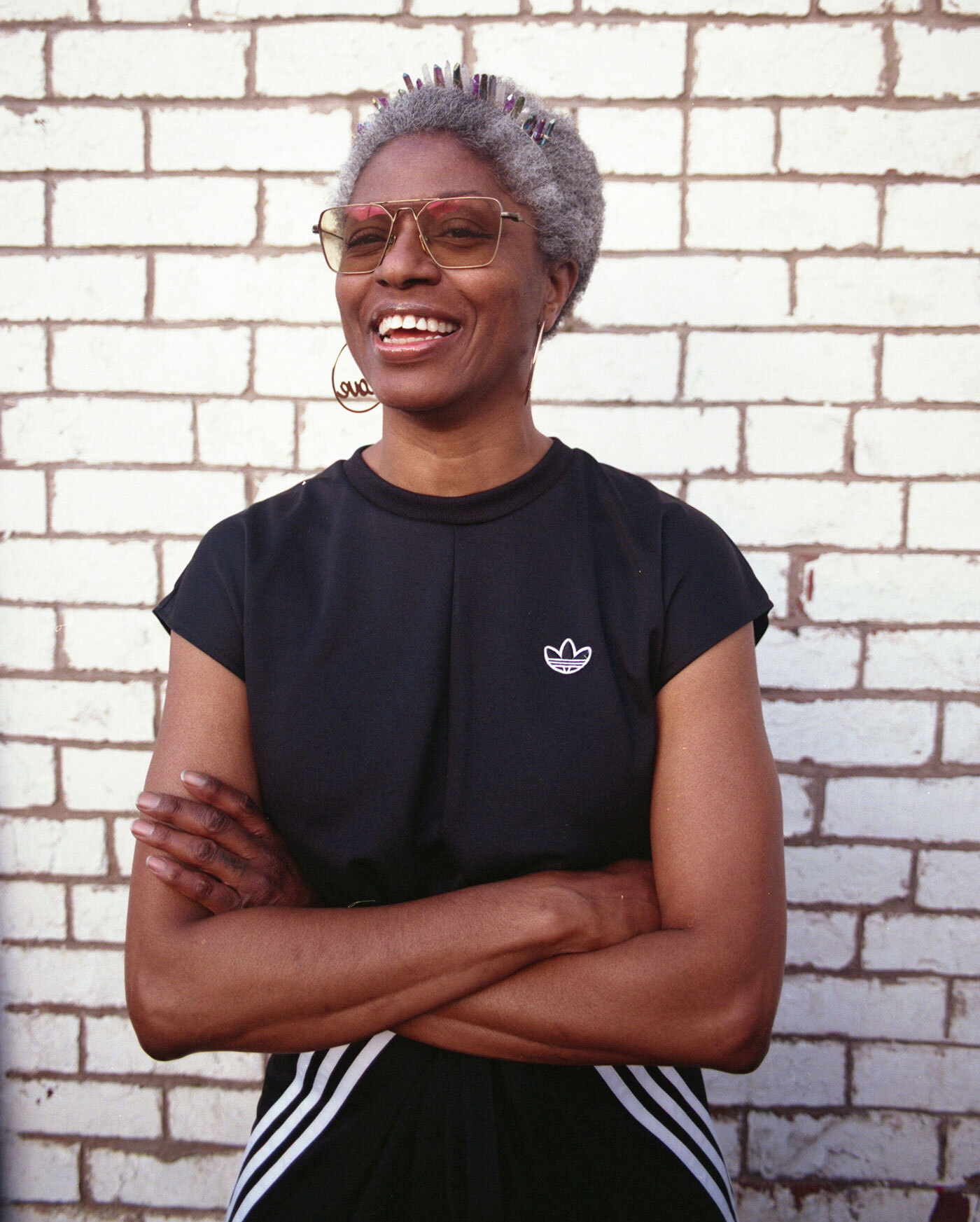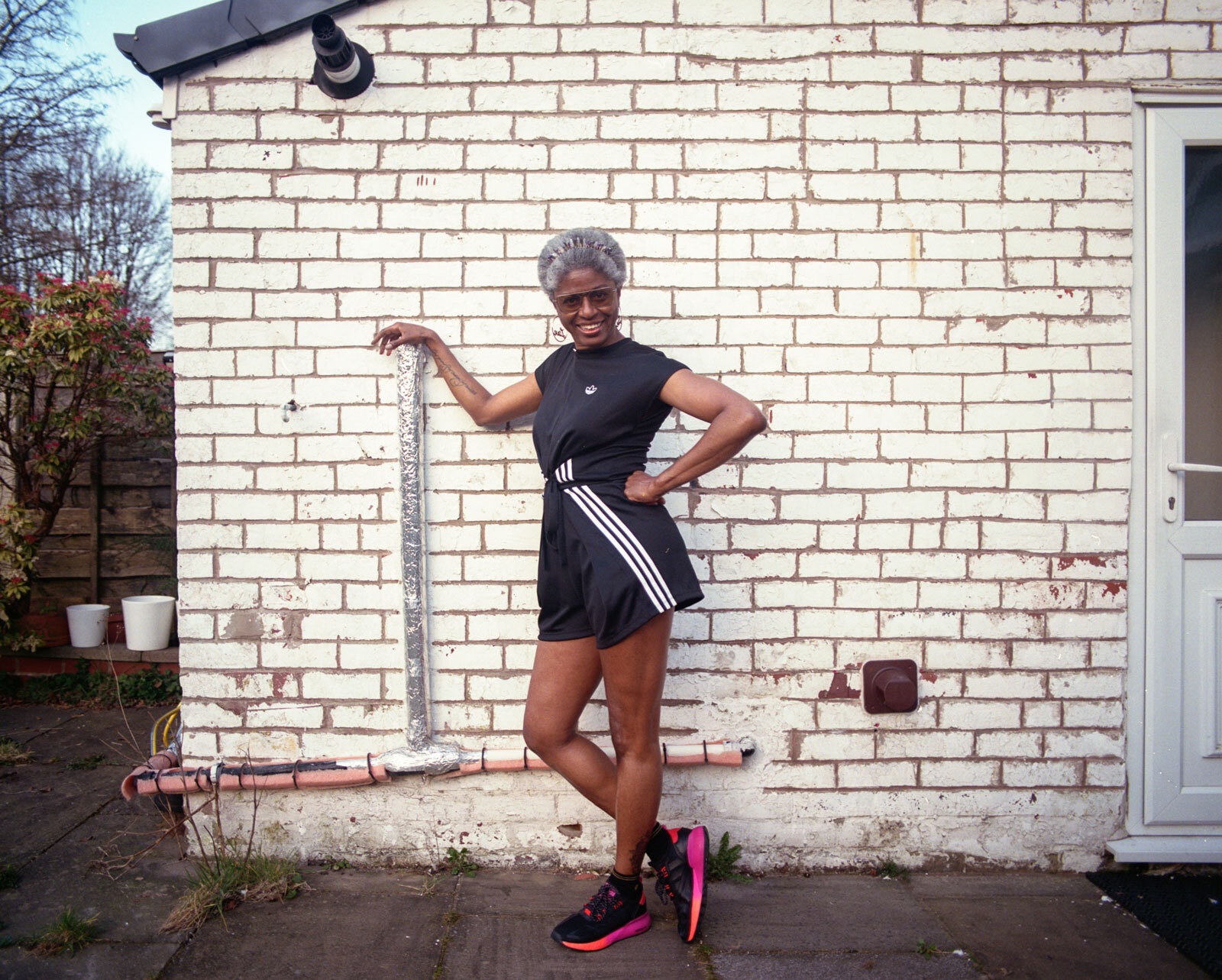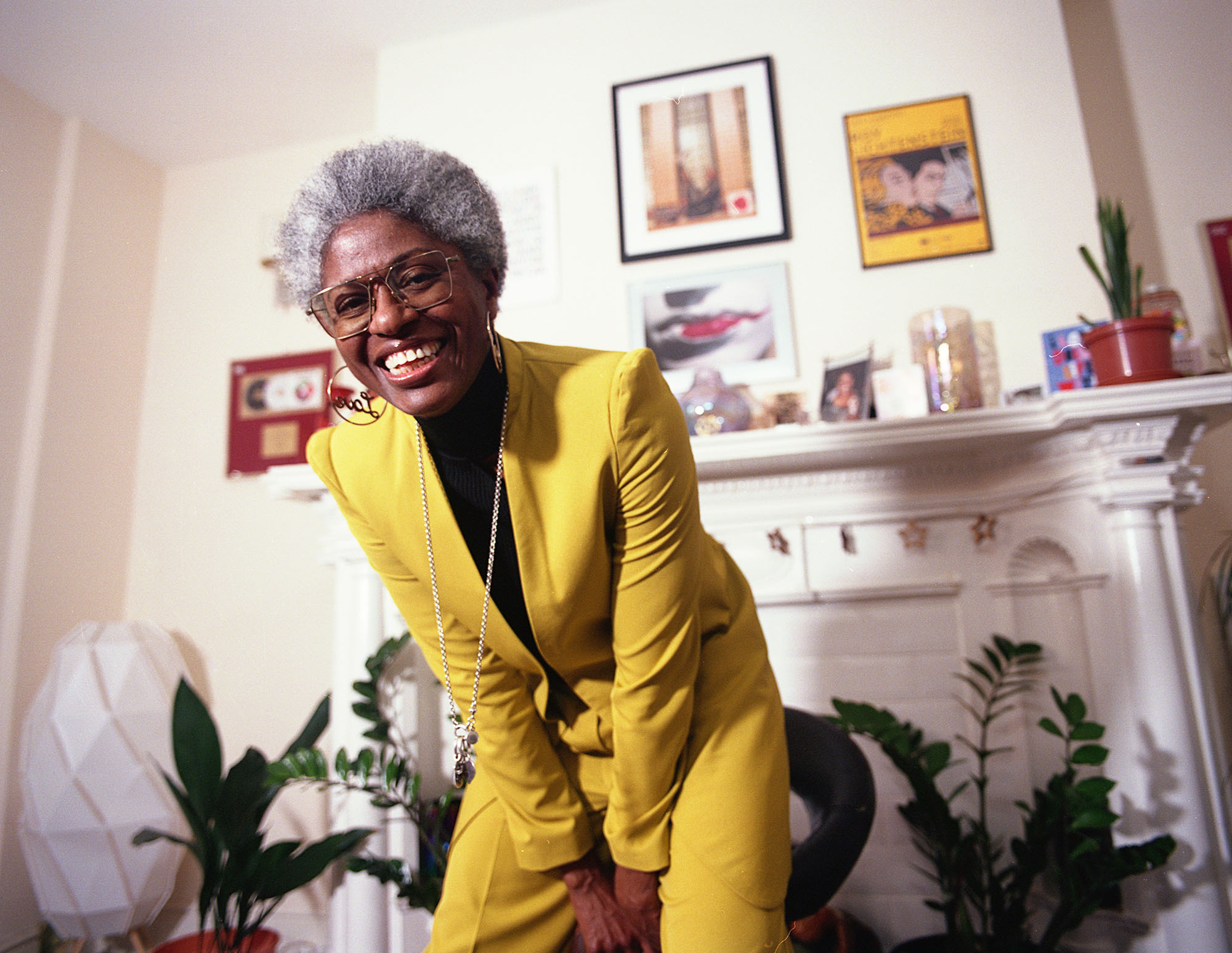Listen to the audio version of this article read by DJ Paulette.
In the 30 years that I’ve been DJing in the United Kingdom, France and Spain I have been self-employed. I’ve found that working in this way takes the onus of care and responsibility for your rights away from your employer and drops them squarely in your lap. If you miss a tax payment then that’s on you. Pension? That too. Self-employment means that employers are not responsible for your career progression or liable for anything that might happen to you whilst you are in their employ. As a freelancer you have sold them yourself, your time and your services, so in effect you are responsible for you.
The management didn’t send me to hospital, and 14 years later I am still having physiotherapy for this injury.
This has meant clashes with venues over health, safety and financial issues but mainly over failure to comply with, properly conduct or act on risk assessments. In 2008, I had a serious fall in a Parisian club DJ booth. It was winter outside, the AC had broken, the club was full and every walking area was so condensated that it was like a skating rink. The cleaners never thought to wipe down the DJ booth in the same way as they had mopped the floor dry around the paying clubbers. When I slipped, I narrowly missed smashing my head open on a metal cupboard as I fell hard on my left side, scoring a massive swollen, purple to red to black haematoma that spanned from my waist to my knee. It took eight months of weekly treatment to drain it. As I hadn’t broken my leg, I worked through the pain, applying compression to the haematoma with a bar towel filled with ice for the duration of my set. The management didn’t send me to hospital and 14 years later I am still having physiotherapy for this injury.
One night on the way to the Zap Club in Brighton, someone ran a stop sign and rear-ended me, destroying the back of my car. I drove on to Brighton in the slow lane of the motorway, played my set in shock and drove home the next day with the back swinging open and the driver seat practically horizontal as I was in too much pain to sit upright. Years later, I was in a car crash whilst on tour in India – the second driver left the scene, leaving my team and our driver to rescue our car out of a ditch. I’ve had electric shocks from badly regulated equipment, concussion from banging my head on a low set concrete wall in a badly designed DJ booth and suffered the fallout from idiot clubbers letting pepper spray off in a busy club. I’ve had expensive clothing damaged on amp racks with razor-sharp metal edges. All accidents happened on the way to or at work and whilst I was visibly injured and the damage to property was clear, nothing was ever officially logged, registered, actioned, or resolved.
I’ve reported sexual misconduct to no effect other than the perpetrating member of staff being cuffed around the ear in front of me and told not to do it again. I’ve reported clubbers squaring up to me because I haven’t played their request – then the customer complained about my behaviour and got an apology from the management. (They were the ones causing trouble but also the ones spending money.) I’ve had ugly disputes with agents that, had they been properly mediated and gone to arbitration, I would never have needed expensive therapy for. No one has offered me so much as a blue plaster, no one mentioned public liability insurance, no one suggested an official grievance reporting procedure and no-one has ever offered me compensation. Had I been a member of the salaried bar staff or working in the office, there would have been a dedicated health and safety representative, an accident log and a clear reporting procedure. In the United Kingdom, I would be entitled to time off, sick pay, damages and at least a taxi home or to the hospital. I would have legal rights that everyone clearly respected and understood. But, as a self-employed freelancer without contracts, these rights do not exist, cover or apply to me or any of my peers. DJs aren’t even entitled to a fair share of the tips at the end of the night.

I’ve reported sexual misconduct to no effect other than the perpetrating member of staff being cuffed around the ear in front of me and told not to do it again.
A Community United
I dream of a governing body that we can report to which can monitor what’s going on inside venues. I dream of not having to moan to agents or venue managers who couldn’t care less about conditions as long as we’re paid. I dream of eradicating the ‘profiles’, work-for-free, paid-in-kind or paid-in-alcohol barter system and the ‘we have no budget’ negotiating squeeze that devalues an artist’s skills, fee and worth. Health, safety and career development in the DJ world should not boil down to size, wealth and privilege. If you’re big or important enough to be given fair contracts, money and insurance – it’s expected that you are treated and remunerated well. But everyone should be treated with respect, feel safe at work and paid fairly. If you can finance someone to negotiate those things for you then fantastic, you win, but for those without managers or agents or a union behind them it’s Google, ‘where there’s blame, there’s a claim’ or every person for themselves. This is not right.
There have been many times when direct union intervention would have made life easier. Like that time in Ibiza when I was a wedding DJ. From 2pm till midnight, I stood without sitting in the blistering heat. I soundtracked the event for 10 continuous hours (with a half hour break to cue special songs during the speeches). I did all of this fuelled by one drink and two mini shots of gazpacho, while getting no toilet break. The wedding couple hadn’t paid for a meal for the DJ, there were no leftovers in the kitchen and management was unable to rectify the oversight. I didn’t eat until breakfast.
When I saw the princely sum of 600 Euros on my first official Ibiza payslip I thought it was for one 40 hour week, not five. It had to be wrong, my rent was over double that. However, I was so excited to have secured my Residencia [official Ibiza resident and social security status] that I failed to notice due to the hours I was claiming I was liable to pay deductions as a full-time member of staff (despite having signed a short term temporary contract). This had punched a hole in my take-home pay which was now only a third of the sum I’d agreed to work for. Oh, to have had a union rep to advise me before I signed on that dotted line.

Now I’m not talking about radical discontinuity. When advocating for unionising DJing, I have no desire to dig into the hidden hierarchy of earnings or force everyone to earn the same. That wouldn’t be something that anyone with an ounce of ambition could get behind. It’s understandable that people wouldn’t want to go public about their fees or agree to levelling the playing field, especially not when things are getting back to ‘normal’ after the pandemic. But it concerns me that even when everything is going well people can be so easily exploited over fees. And when everything goes wrong an entire sector of the economy has no safety net and no representative body to step up and speak directly for and on behalf of the talent.
I dream of eradicating the ‘profiles’, work-for-free, paid-in-kind or paid-in-alcohol barter system and the ‘we have no budget’ negotiating squeeze that devalues an artist’s skills, fee and worth.
If DJs, venues, promoters and booking agents were union affiliated and were engaged (with, or without, contracts), following a set of industry standardised rules, then ‘Mr Handsy Manager in Little Bar, Anycitysville’ would also know to keep his hands to himself. He would resist making his inappropriate sexual innuendo, dating advances, clothing commentary because he - or she - was legally bound to do so. It’s scandalous that DJs - mainly female - should have to leave or avoid certain establishments when it’s the behaviour of the staff or management that is at fault.
Creating a union is a big job but when the pandemic hit in the United Kingdom, three million members of a self-employed workforce that the government encouraged to be independent were left to fend for themselves. For this reason, it’s obvious something must be done. A union or a collective that specifically represents DJs and vulnerable creatives’ interests is becoming a necessity. Moreover, any campaign that promotes the profession as a valid cultural artform that contributes millions to the economy and which consequently obtains validation from the establishment, the media and the public can only be a good thing. I am sure DJs at all levels will benefit if we can regulate engagement standards, standardising conditions and reforming the outmoded or dangerous practices that will then make all venues and events safe and happy environments for all. In this way, the community can be united, ‘divide and conquer’ becomes ‘define and empower’ and a DJ union will justifiably receive its dues.
